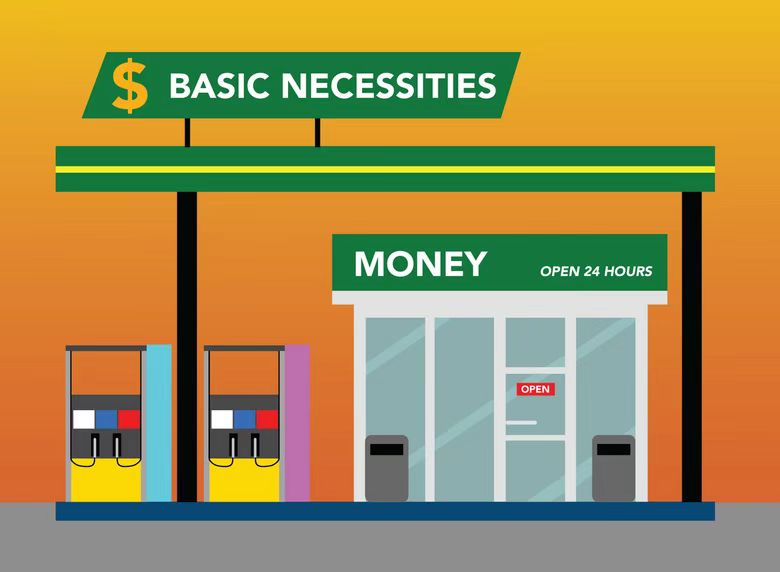
When you see the title, you may be confused, what is the lemon market? Market for selling lemons? In fact, this is not the case. Lemon market is a market characterized by asymmetric information between sellers and consumers. In other words, in a market, the seller of products should know more about the market information related to product quality than the buyer. Even in extreme cases, the market will stop shrinking and no longer exist. This is what we call adverse selection.
Then, under the influence of the lemon market effect, the information will not be equal, which will lead to such a situation. The products with good quality are often eliminated, while the products with poor quality gradually occupy the market, thus replacing the good products, resulting in the market is full of inferior products. In short, inferior products have replaced good products under the influence of unequal information generated in the lemon market.
So why does the lemon market appear? Why?
Besides, the lemon market had existed for a long time. Why did this happen? In fact, the reason why the lemon market can exist is that the traders do not know the true value of the commodities, so they can only judge the average quality according to the average commodity price in the market. Because it is of difficulty for consumers to distinguish the quality of goods, they are only want to pay the average price of goods to ensure that they will not be cheated.
The quality of goods is good or bad, which is objective. However, because the buyer is only willing to provide money at the average price, the seller who provides good quality goods will naturally not get enough profits. On the contrary, the person who provides poor quality goods will get benefits. Therefore, this will lead to the gradual withdrawal of good products from the market, and then the bad products will occupy the market. With the withdrawal of good products, the average quality and average price of the market will also decline, so the good products whose actual value is higher than the average price will withdraw from the market. Finally, only some products with poor quality will occupy the market.
Because of these phenomena, consumers will feel that the quality of products on the market is not trustworthy. Even if the products in front of them are of good quality, they will feel that the seller is cheating them, and they will be suspicious. Then, in order to avoid being cheated by the seller, consumers will choose to buy a product that they think is of good quality, but it is actually not good. Here is an example. The second-hand car market is actually an ordinary lemon market Sellers often have more market and product information than buyers, and there is a serious information gap between the two. Sellers do not want to believe what they say and believe that they are deceived, so they can only keep down the price of goods to avoid being deceived and causing risk losses.

However, because the seller blindly lowers the price, the seller is unwilling to provide high-quality products at extremely low prices. Therefore, low-quality products are also sold to the buyer, which will lead to low-quality products flooding the market and high-quality products being driven out of the market. Eventually, such a market will gradually shrink.
So, what kind of danger will the lemon market lead to? In the final analysis, it is the problem of information asymmetry between the buyer and the seller, which will lead to market shrinkage and even some moral problems. Some unscrupulous businesses will use the advantage that the seller has more information than the buyer to fool the buyer. For example, in second-hand markets such as the second-hand car market or the housing market, sellers who have more information than consumers will choose to cheat customers.





